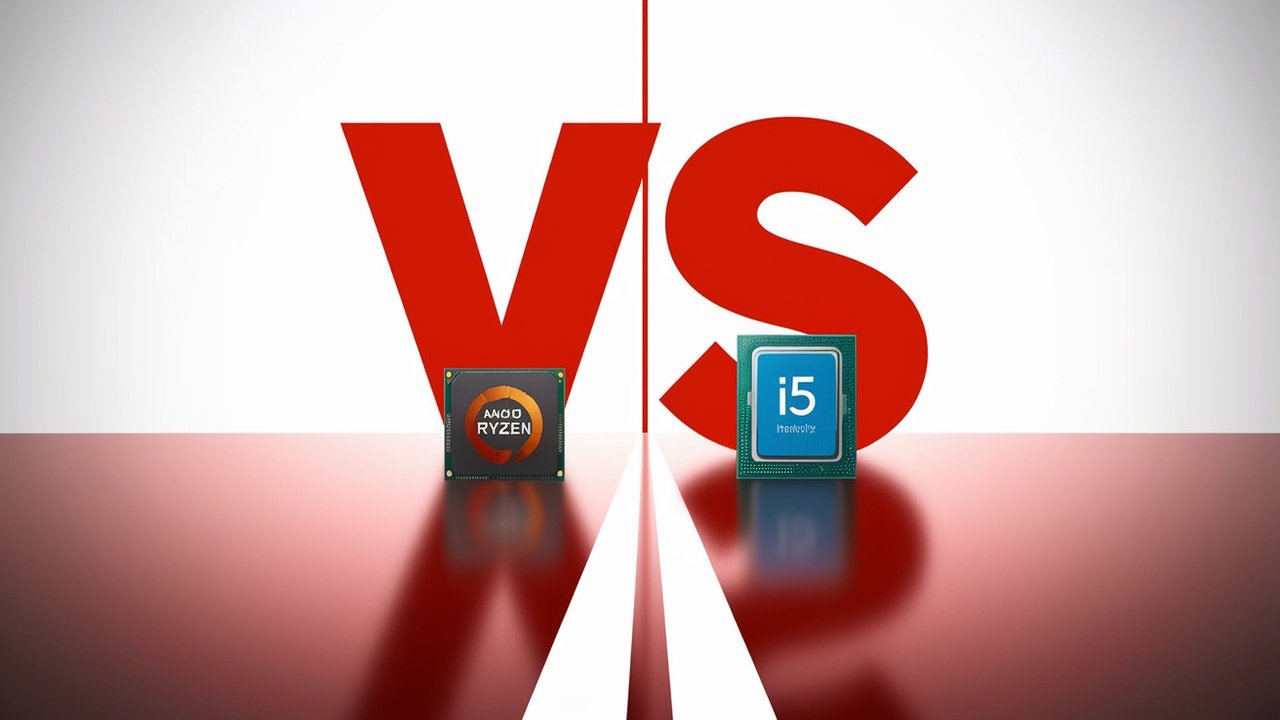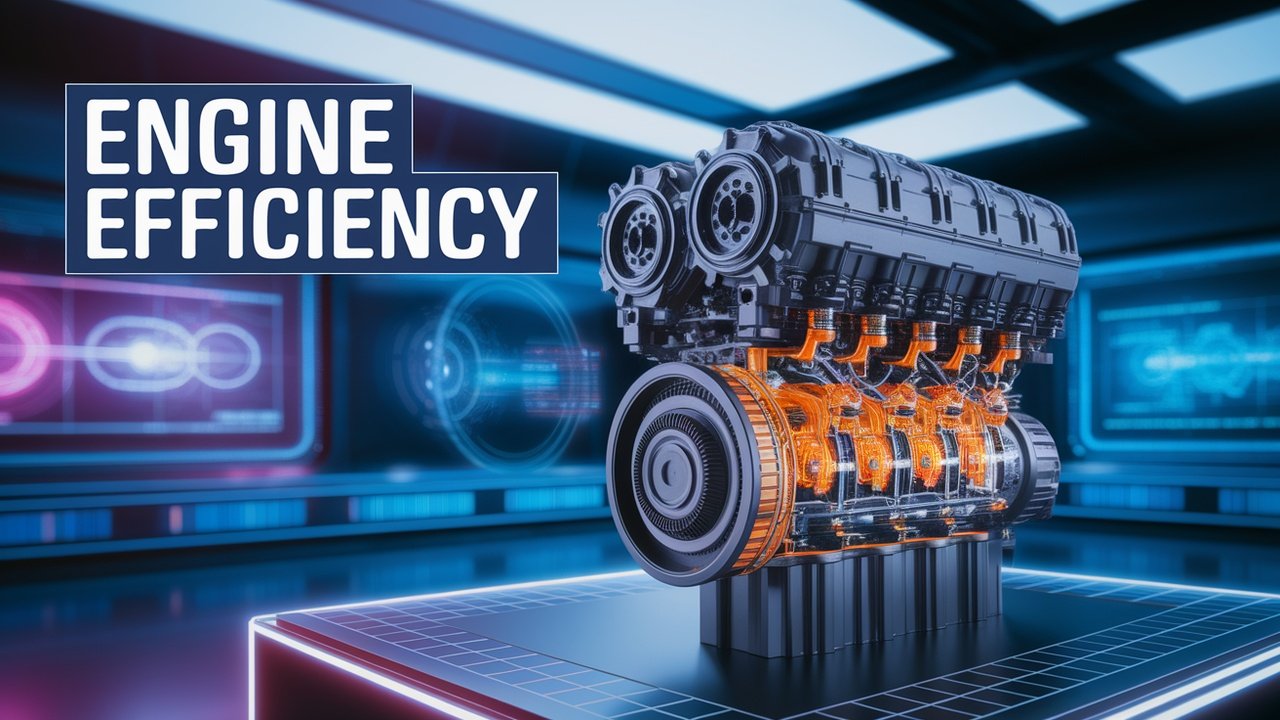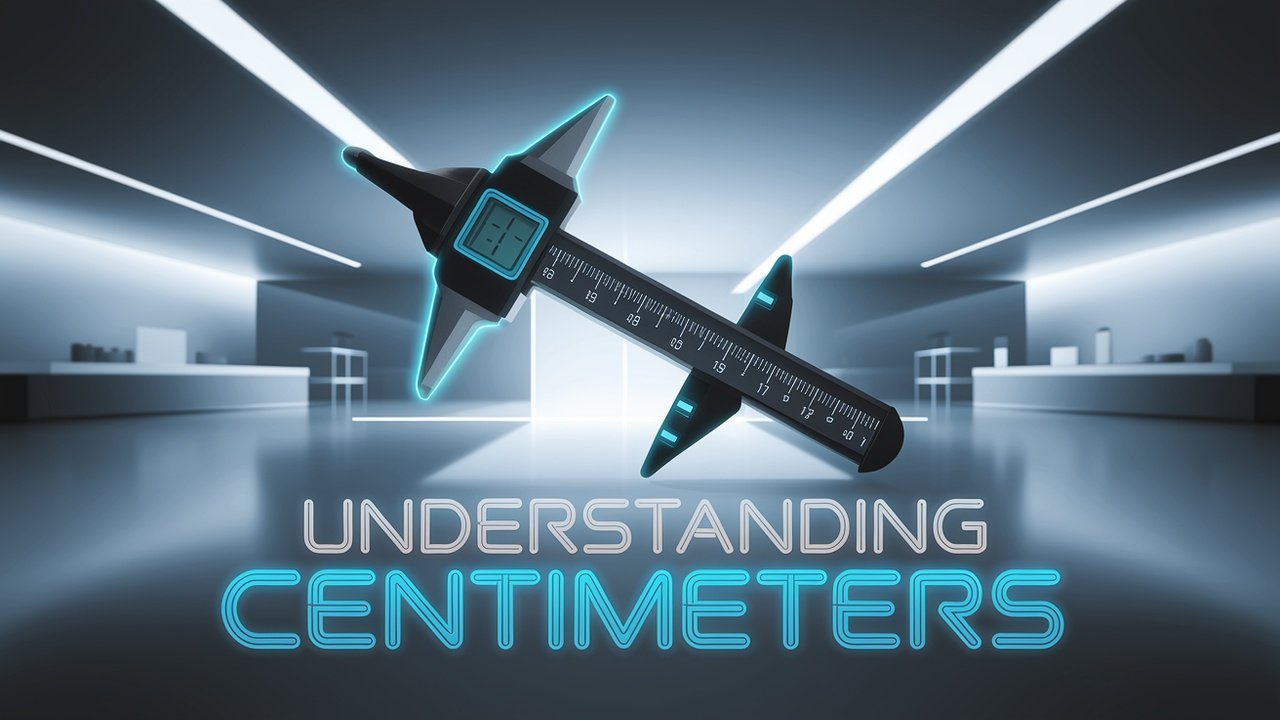AMD Ryzen 3 vs Intel i5: Which Processor Offers the Best Performance and Value?

Introduction
When building or upgrading a computer, choosing the right processor is one of the most crucial decisions. Two of the most popular choices for budget and mid-range systems are the AMD Ryzen 3 and Intel Core i5 processors.
These CPUs cater to a variety of users, including casual gamers, students, professionals, and content creators. While the Ryzen 3 series is known for its affordability and multitasking capabilities, Intel’s i5 lineup offers strong single-core performance and power efficiency.
If you’re wondering which processor is the better choice for your needs, this detailed comparison of AMD Ryzen 3 vs Intel i5 will cover their differences in terms of architecture, performance, gaming capabilities, multitasking efficiency, power consumption, and price-to-performance ratio. By the end of this guide, you’ll have a clear understanding of which processor best suits your computing needs.
Architecture and Technical Differences
AMD Ryzen 3 Overview
AMD’s Ryzen 3 processors are entry-level chips designed for budget-friendly systems. They typically feature quad-core architectures with simultaneous multithreading (SMT), which allows for enhanced multitasking capabilities. Ryzen 3 CPUs are built on AMD’s Zen, Zen+, Zen 2, and Zen 3 microarchitectures, with newer generations providing better efficiency and performance and lower power consumption.
Intel Core i5 Overview
Intel’s Core i5 processors fall into the mid-range category and offer better single-core performance than Ryzen 3 chips. Unlike the ryzen 3, Core i5 CPUs generally come with four to six cores and hyper-threading in newer generations. Intel’s i5 lineup has evolved through multiple generations, from Skylake, Coffee Lake, Comet Lake, Tiger Lake, and Alder Lake to the latest Raptor Lake series.
Performance Comparison
1. Single-Core vs Multi-Core Performance
- Single-Core Performance: Intel i5 processors tend to have higher clock speeds and better single-core performance, making them ideal for tasks that rely on raw processing power, such as gaming and certain productivity applications.
- Multi-Core Performance: AMD Ryzen 3’s simultaneous multithreading (SMT) helps in multitasking and content creation, but since Ryzen 3 typically has fewer cores than an i5, its multi-core performance may be weaker in some cases.
2. Gaming Performance
Gaming performance is crucial when comparing the Ryzen 3 and Intel i5. Most modern games rely on single-threaded performance, which gives Intel’s i5 a noticeable advantage.
Gaming Benchmarks
- Intel Core i5: With its superior IPC (Instructions Per Cycle) and higher clock speeds, Intel i5 CPUs consistently outperform Ryzen 3 in most AAA games, providing higher frame rates and lower latency.
- AMD Ryzen 3: While Ryzen 3 CPUs are good for budget gaming builds, they may struggle with CPU-intensive games and modern AAA titles, especially when paired with high-end GPUs.
However, Ryzen 3 processors with higher core counts and improved cache memory (like the Ryzen 3 3300X) can still deliver good performance for casual gaming.
3. Productivity and Multitasking
For users who need a processor for daily productivity tasks such as browsing, office work, and light content creation, both Ryzen 3 and Intel i5 can handle these tasks efficiently.
- AMD Ryzen 3: The presence of SMT in Ryzen 3 CPUs allows for decent multitasking, making them suitable for running multiple applications at once.
- Intel Core i5: With its higher core count and better single-threaded performance, Intel i5 processors excel in professional workloads like video editing, 3D rendering, and software development.
Power Efficiency and Heat Management

Power Consumption
- AMD Ryzen 3: Built on a more efficient architecture in the later Zen generations, Ryzen 3 processors generally have lower TDP (Thermal Design Power) compared to previous generations, making them more power-efficient.
- Intel Core i5: With Intel’s advancements in hybrid architecture (e.g., Alder Lake and Raptor Lake), power efficiency has improved significantly. However, older Intel i5 models tend to consume more power than Ryzen 3 equivalents.
Thermal Performance
- AMD Ryzen 3: With lower power consumption, Ryzen 3 CPUs run relatively cooler, which reduces the need for high-end cooling solutions.
- Intel Core i5: Higher clock speeds mean that some Intel i5 models can run hotter under load, especially when overclocked, requiring better cooling solutions.
Price-to-Performance Ratio
One of the biggest deciding factors between AMD Ryzen 3 vs Intel i5 is the price.
- AMD Ryzen 3 processors are typically cheaper and provide great value for budget-conscious users.
- Intel i5 processors are more expensive, but they offer better gaming and productivity performance.
If you’re looking for a processor that delivers solid performance at an affordable price, Ryzen 3 is a great option. However, if you are willing to spend a little more for better performance and longevity, an Intel i5 is the better choice.
Which Processor Should You Choose?
| Feature | AMD Ryzen 3 | Intel Core i5 |
|---|---|---|
| Best For | Budget builds, casual gaming, multitasking | Gaming, professional workloads, high performance |
| Cores/Threads | 4 cores, 8 threads (SMT) | 4-6 cores, Hyper-Threading (newer models) |
| Clock Speeds | Moderate | Higher than Ryzen 3 |
| Single-Core Performance | Lower | Higher |
| Multi-Core Performance | Decent | Better |
| Gaming | Good for budget gaming | Excellent for high-end gaming |
| Power Efficiency | More efficient | Can be power-hungry (older models) |
| Price | More affordable | Slightly expensive |
Final Verdict
- Choose AMD Ryzen 3 if: You are on a tight budget and need a processor for everyday computing, light gaming, and multitasking.
- Choose Intel Core i5 if: You want better gaming performance, faster speeds, and a processor that can handle intensive workloads more efficiently.
Conclusion
Both the AMD Ryzen 3 and Intel i5 processors have their strengths and weaknesses. If you’re looking for a cost-effective CPU for basic computing and casual gaming, Ryzen 3 is a solid choice. However, if you need a powerful processor for gaming, productivity, and long-term performance, Intel Core i5 is the better investment.
Ultimately, the best choice depends on your budget and intended use. Whether you’re building a new PC or upgrading an old one, considering factors like performance, efficiency, price, and future-proofing will help you make the right decision.
Now that you have all the information, which processor will you choose? Let us know in the comments!







